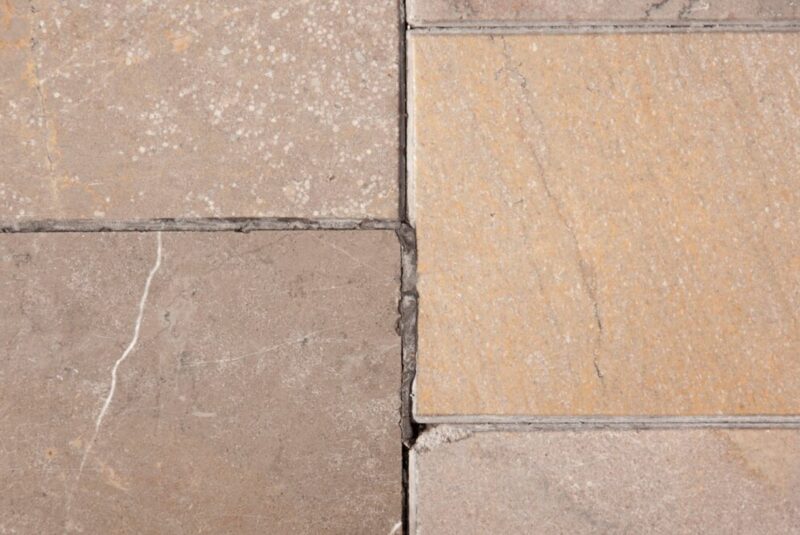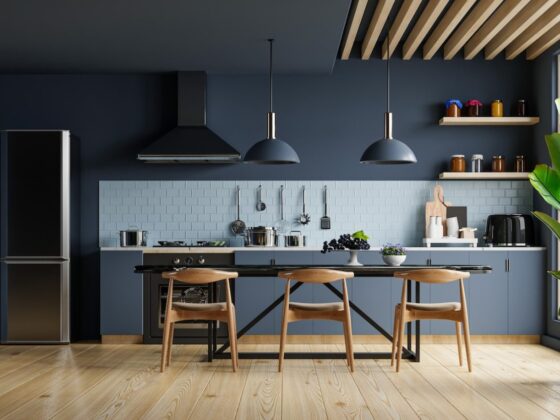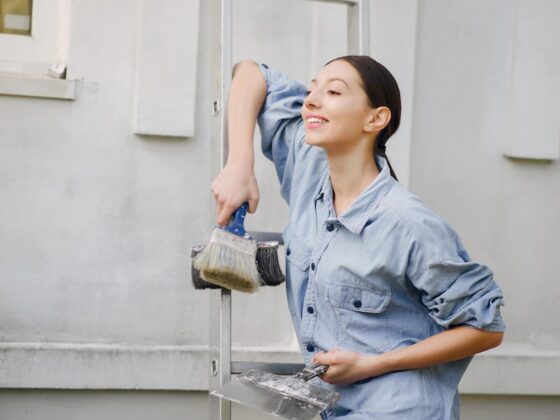You may have seen porcelain paving before – it’s becoming increasingly popular in both commercial and residential settings. But what is porcelain paving, and more importantly, does it crack easily? Keep reading to find out everything you need to know about this type of paving!
Porcelain Paving
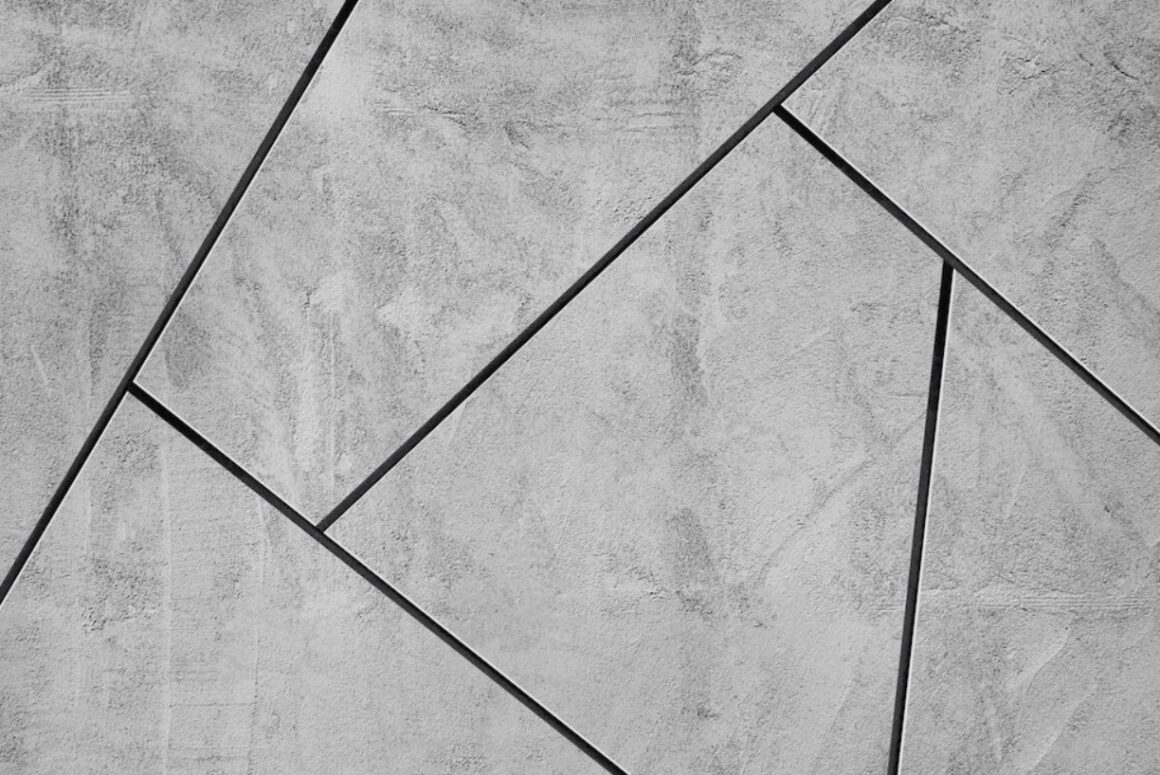
1. Porcelain paving materials – Porcelain paving is made from a type of ceramic called full body vitrified porcelain. This type of porcelain is very strong and durable. It is also non-porous, so it does not absorb moisture or stain easily.
2. Porcelain paving installation – Porcelain paving can be installed in a variety of ways. It can be laid on a concrete base or sand bedding. It can also be installed using a mortar or adhesive.
3. Porcelain paving maintenance – Porcelain paving is easy to maintain. It does not require sealing or treatment with chemicals. However, it should be cleaned regularly to prevent the build-up of dirt and grime.
4. Porcelain paving pros and cons – The main advantages of porcelain paving are its durability, easy maintenance, and non-porous surface. However, it is more expensive than other types of paving materials, such as concrete or asphalt.
Are porcelain pavers good for outdoors?
Porcelain pavers can be used for both indoor and outdoor applications. They are ideal for outdoor areas such as patios, decks, sidewalks, and driveways. They are also suitable for indoor applications such as floors in kitchens and bathrooms.
How to Install Porcelain Paving?
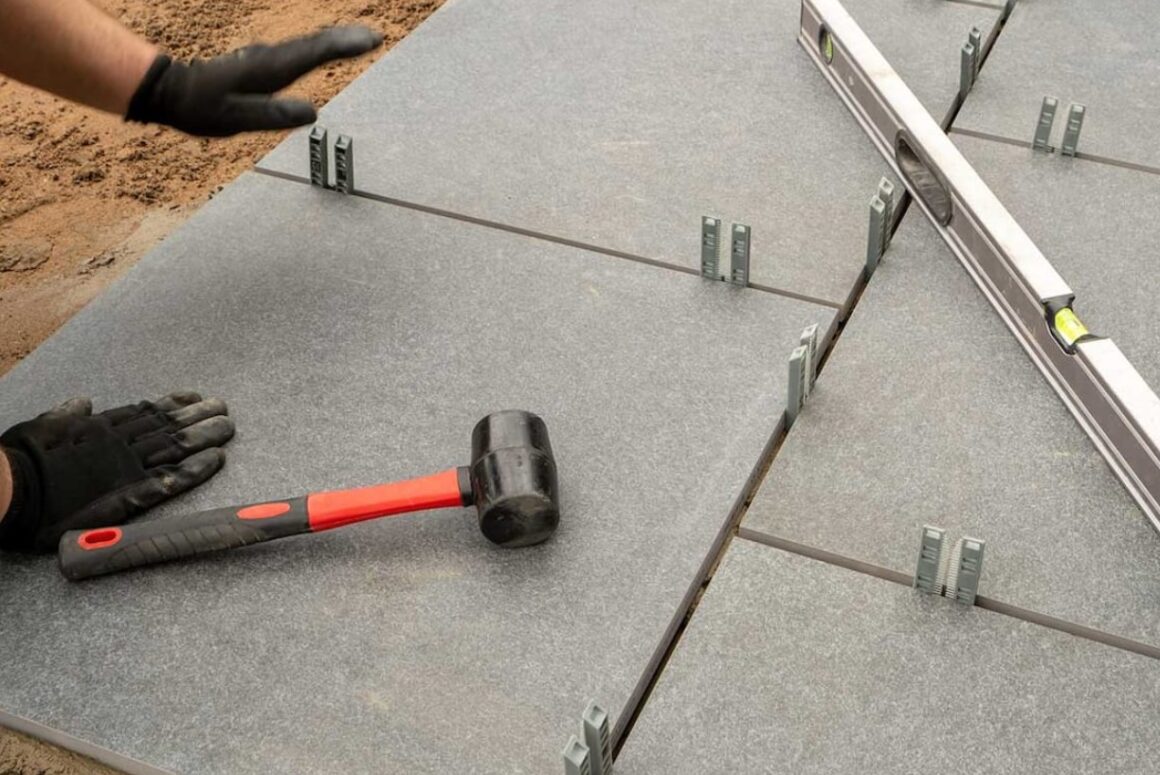
Porcelain paving is a popular choice for many homeowners because it is beautiful and easy to maintain. However, some people worry that porcelain paving will crack easily. Fortunately, porcelain paving is actually very strong and durable. It is made from a type of clay that is fired at a high temperature. This makes the porcelain extremely hard and resistant to cracking.
Porcelain paving can be installed in a few different ways.
• The most common method is to lay the pavers on top of a bed of sand. This method is quick and easy, and it will not damage the pavers.
• Another method is to glue the pavers to a concrete base. This method takes longer, but it will make the pavers more durable.
Overall, porcelain paving is a great choice for anyone who wants beautiful, durable paving.
Can You Pressure Wash Porcelain Paving?
You can pressure wash porcelain paving, but you need to be careful not to damage the paving. Use a low-pressure setting on your pressure washer, and hold the nozzle at least 12 inches away from the surface of the paving. Move the pressure washer slowly across the surface of the paving.
How to Clean and Maintain Porcelain Paving?
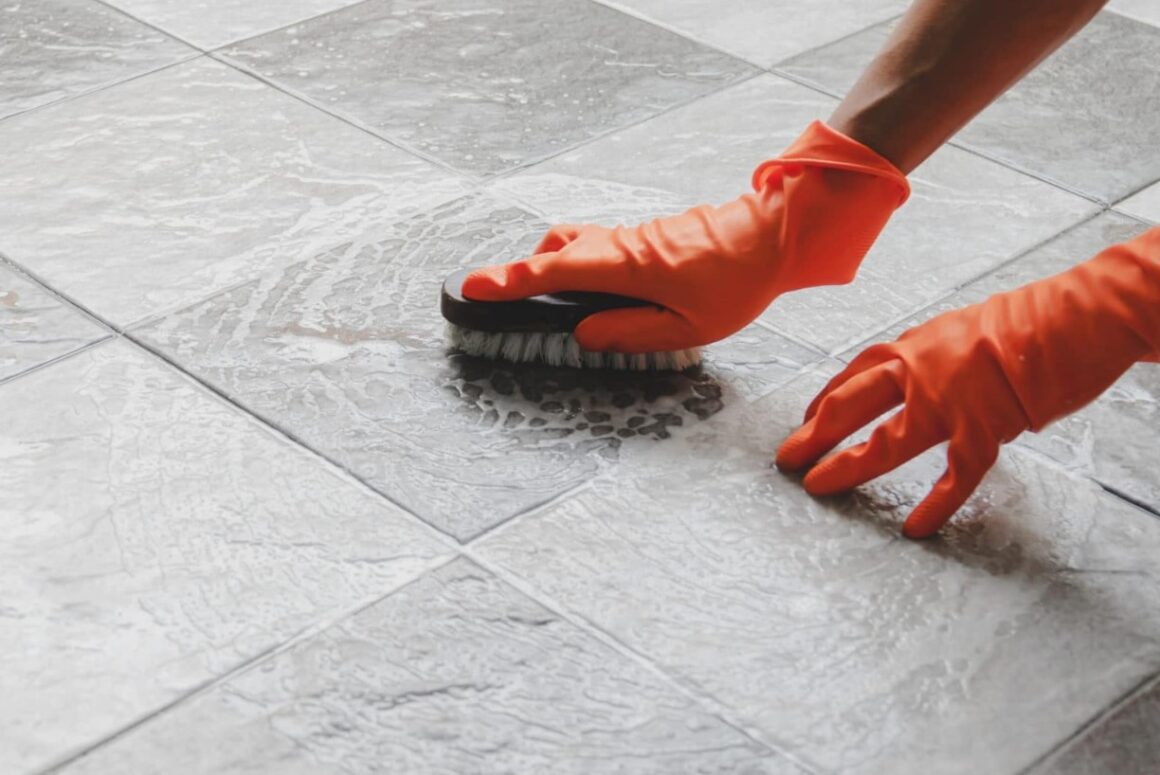
Porcelain paving is a beautiful and stylish choice for your outdoor space. However, it is important to know how to properly clean and maintain it to keep it looking its best.
• Porcelain paving should be cleaned regularly with soap and water. You can also use a mild detergent if needed. Be sure to rinse the paving well after cleaning to remove any residual soap or detergent.
• If you notice any dirt or stains on the porcelain paving, you can use a soft-bristled brush to gently scrub them away. Do not use anything abrasive, as this can damage the surface of the paving.
• In addition to regular cleaning, you should also seal the porcelain paving every one to two years. This will help to protect it from wear and tear and keep it looking like new.
Does Porcelain Paving Crack Easily?
Porcelain paving is a popular choice for many homeowners due to its durability and low maintenance requirements. However, some people worry that porcelain paving may crack easily. Porcelain paving is made from a type of ceramic material that is very strong and resistant to breakage. In fact, porcelain paving is actually more resistant to cracking than concrete or asphalt paving.
Porcelain paving can withstand heavy traffic and weather conditions without cracking or breaking.
If you are concerned about your porcelain paving cracking, you can choose thicker pavers for your project. Thicker pavers are less likely to crack than thinner pavers. You can also talk to your contractor about using a sealant on your porcelain paving. A sealant will help to protect your pavers from cracking and other damage.
Overall, porcelain paving is a very durable option that is unlikely to crack under normal use. If you are concerned about your pavers cracking, you can take steps to prevent it by choosing thicker pavers or using a sealant.
Porcelain Vs Concrete Paving
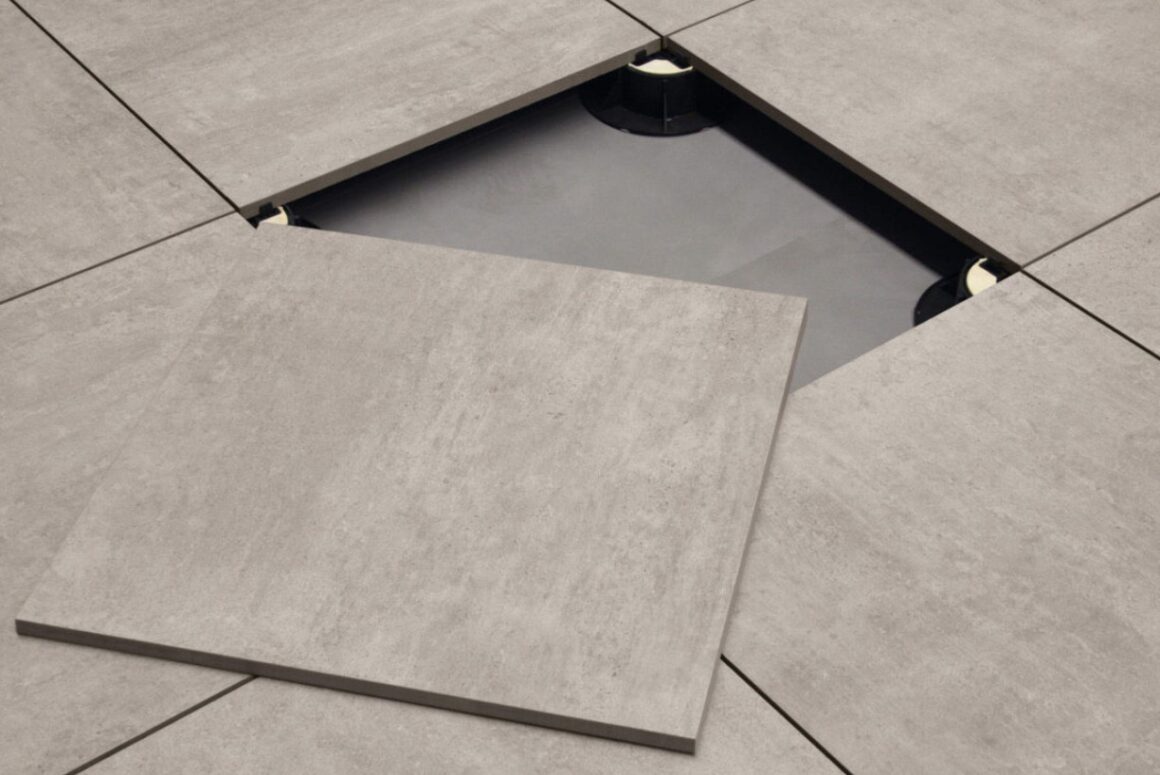
Concrete paving is less durable than porcelain paving and is more likely to crack under heavy traffic or weather conditions. However, concrete paving is typically less expensive than porcelain paving.If you are concerned about your paving cracking, you can choose a thicker pavers for your project. Thicker pavers are less likely to crack than thinner pavers. You can also talk to your contractor about using a sealant on your paving. A sealant will help to protect your pavers from cracking and other damage.
Overall, porcelain paving is a more durable option that is less likely to crack under normal use. If you are concerned about your pavers cracking, you can take steps to prevent it by choosing thicker pavers or using a sealant.
Conclusion
Porcelain paving is a great choice for those who want a beautiful and durable outdoor surface. It is made from a type of ceramic that is fired at a high temperature, making it extremely hard and resistant to cracking. It can be installed in a few different ways, and it is easy to clean and maintain. However, it is important to note that porcelain paving is more expensive than other types of paving materials. Porcelain paving is an excellent choice for those looking for a durable, low-maintenance option for their outdoor space. While it is true that porcelain can crack if not installed properly, with a little care and attention, your porcelain paving will last for years to come. Thanks for reading and we hope this article has been helpful in your search for the perfect paving material.
